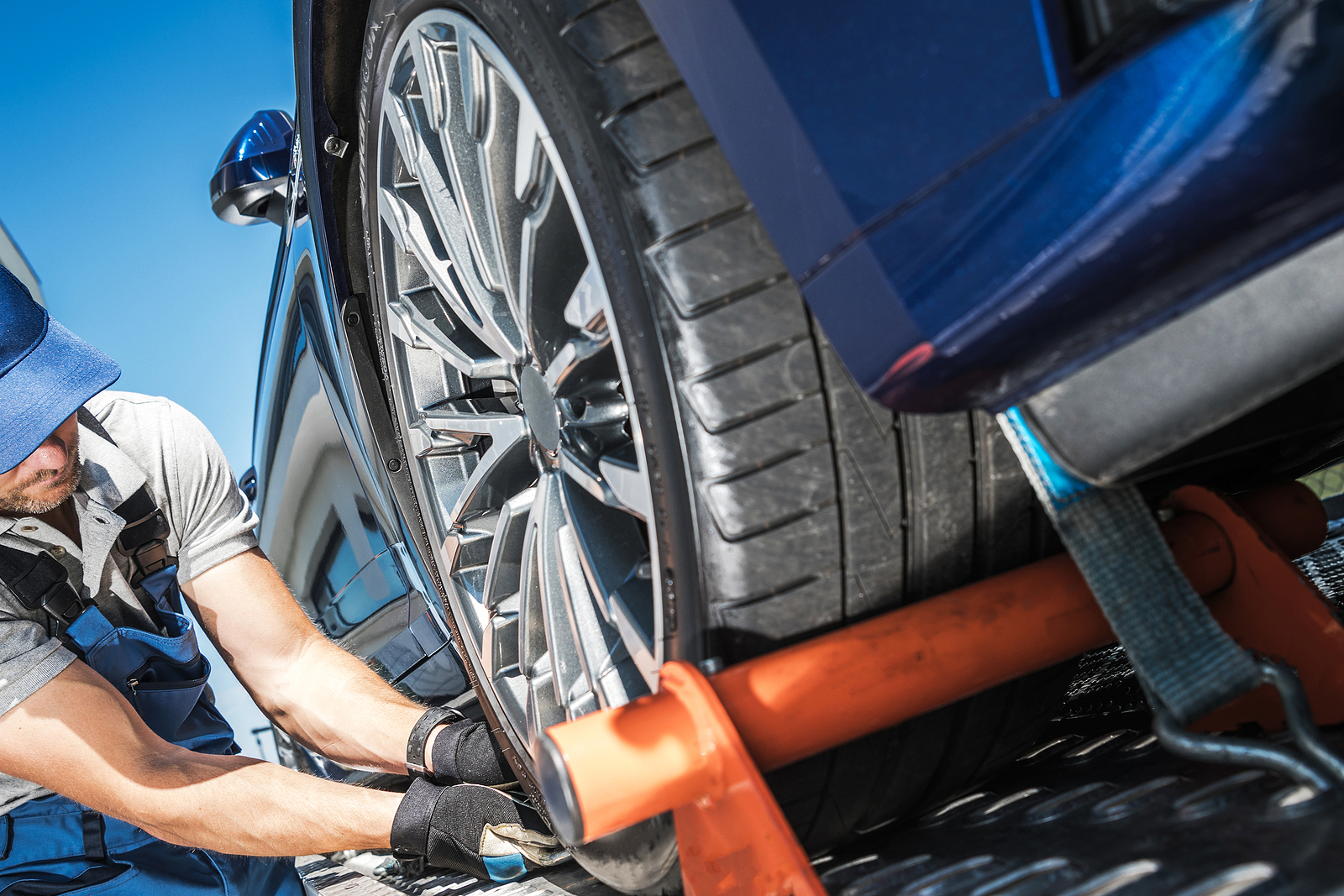
Arizona Bankruptcy and Repossession Attorney
Contact the experienced legal team at Atlas Law Arizona if you have serious debt or if you are facing repossession.
Stopping repossession with bankruptcy provides immediate relief through the automatic stay and offers a structured approach to managing debts while protecting your assets. Contact a knowledgeable bankruptcy attorney at Atlas Law Arizona to understand your options, maximize protections under bankruptcy law, and take decisive steps to preserve your financial well-being.
We provide legal guidance and will navigate bankruptcy process with every client. Stopping a repossession requires expertise in bankruptcy law. Our bankruptcy attorneys can assess your financial situation and determine the most suitable bankruptcy chapter (Chapter 7 or Chapter 13).
Filing for bankruptcy can effectively stop repossession of your assets, including vehicles, through the mechanism of an automatic stay. Here’s how bankruptcy can halt repossession:
Automatic Stay
When you file for bankruptcy, an automatic stay immediately goes into effect. The automatic stay is a legal injunction that halts most creditor actions against you, including repossession efforts. Here’s how it works in relation to repossession:
Immediate Protection: The automatic stay prevents creditors from repossessing your vehicle or other property as soon as you file for bankruptcy. This provides immediate relief and stops the repossession process in its tracks.
Duration of the Stay The automatic stay remains in effect throughout the duration of your bankruptcy case. For Chapter 7 bankruptcy, the stay typically lasts until the bankruptcy case is discharged, which is usually a few months after filing. In Chapter 13 bankruptcy, the stay can extend for the duration of the repayment plan, which spans three to five years.
Chapter 7 Bankruptcy
In Chapter 7 bankruptcy, the automatic stay prevents creditors from repossessing your vehicle temporarily. However, if you want to keep the vehicle, you may need to reaffirm the debt with the lender. Reaffirmation means agreeing to continue making payments on the vehicle loan according to the original terms.
Chapter 13 Bankruptcy
Chapter 13 bankruptcy is particularly beneficial for preventing repossession and allowing you to keep your vehicle. You can propose a repayment plan that includes catching up on missed payments (arrears) over a period of three to five years. As long as you make timely payments under the plan, you can retain ownership of the vehicle and prevent repossession.

Legal Protection and Guidance
Working with a qualified bankruptcy attorney is crucial to effectively utilize the automatic stay and navigate the bankruptcy process:
An attorney can assess your financial situation, determine the best bankruptcy chapter (Chapter 7 or Chapter 13) for your needs, and guide you through the filing process.
They can represent you in bankruptcy court, file necessary paperwork, and advocate for your interests to protect your assets from repossession.
Additionally, an attorney can provide advice on financial planning post-bankruptcy, including rebuilding credit and achieving long-term financial stability.
Negotiating with Creditors
During bankruptcy proceedings, you and your bankruptcy attorney can negotiate with creditors, including auto lenders, to modify the terms of your loan. This negotiation might involve reducing interest rates, extending the loan term, or adjusting monthly payments to make them more manageable. Creditors are often willing to negotiate under the supervision of the bankruptcy court to avoid losing the debt entirely through discharge.
